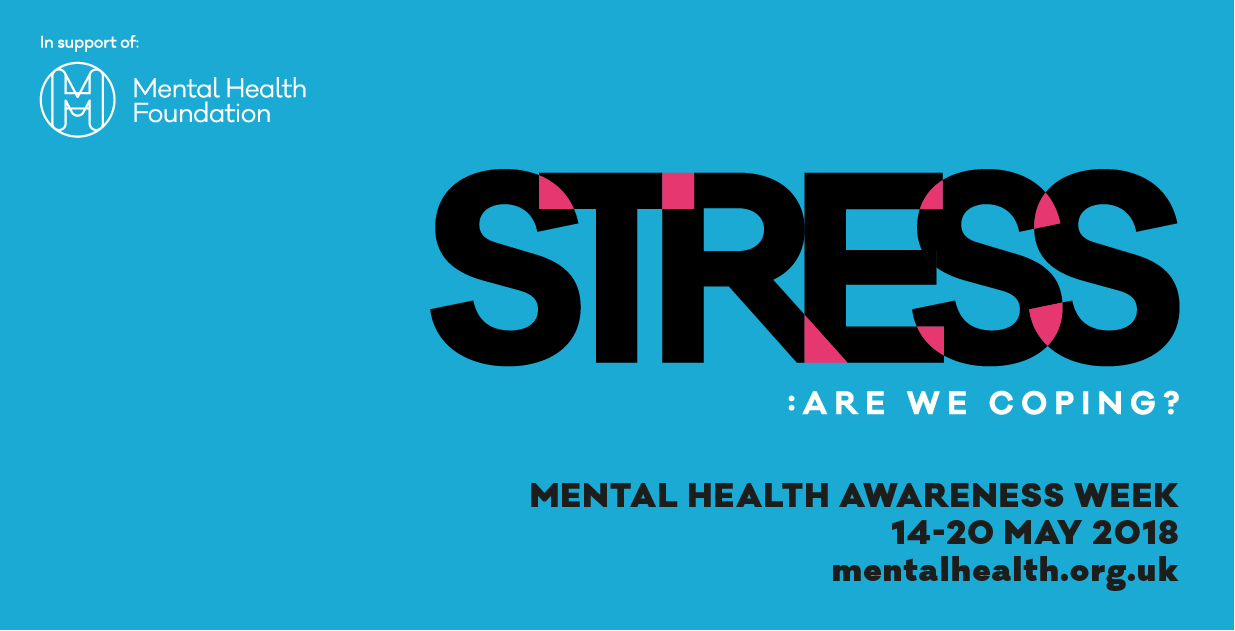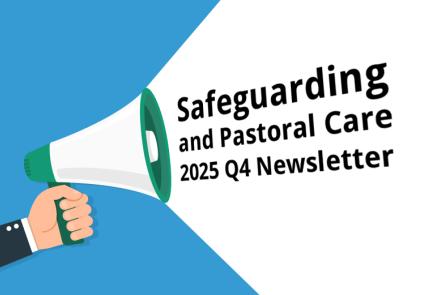Mental Health Awareness Week | 14th - 20th May 2018
National Mental Health Awareness Week starts on 14th May 2018 and is hosted by the charity Mental Health Foundation (MHF). MHF has been hosting Mental Health Awareness Week since 2001 to promote awareness and campaign for good mental health for all.
Surveys have shown that two thirds of the UK population experience a mental health problem at some point in their lifetime, which includes one in four adults and one in ten children. This suggests that mental illness is likely to affect everyone in some way, either directly or through a loved one.
Despite its prevalence, there is still a social stigma attached to mental illness, as people with mental health problems can experience judgement and discrimination. This can lead to a negative sense of wellbeing and can cause people to delay seeking the right support and treatment.
A positive attitude and awareness towards mental health can make a big difference, by recognising that mental health can be just as important as physical health.
The Mental Health Foundation mentions that poor physical health can increase the risk of developing mental health problems and, similarly, poor mental health can negatively impact on physical health. Keeping active, eating well and drinking sensibly are just a few of the MHF 10 top tips to looking after your mental health and wellbeing.
View MHF publication on How to look after your mental health
Stress
This year, the MHF Mental Health Awareness Week is focusing on stress, which although is not a mental health illness in itself, can lead to a range of mental health problems such as depression, anxiety and in some instances self-harm and suicide. By tackling stress, there is an opportunity to tackle mental health problems.
View MHF publication on How to manage and reduce stress
To coincide with the theme of this year’s Mental Health Awareness Week, the charity Mind is focussing on stress in the workplace, and are working to help employees and employers create a mentally healthy environment where everyone feels valued and supported.
Support from pharmacies
Community pharmacists are able to make a positive impact on their local area, as they are in regular contact with patients in their community. They can provide confidential consultations, conduct medicine reviews and also identify patients who could be at risk of mental health illnesses. Pharmacists work in collaboration with patients and other healthcare professionals to ensure full support is available. All pharmacy teams, in particular those who work in a Healthy Living Pharmacy, are encouraged to make every contact count by having a patient-centred approach, which involves having conversations with people about their health and wellbeing.
For Pharmacy Teams: visit www.healthylivingpharmacies.org to view opportunities on how your healthy living pharmacy can play a role in mental health, as well as take part in national awareness campaigns, to emphasise that everyone can benefit from taking care of their mental health.
Signposting and other support
There are many resources available to help raise awareness amongst your pharmacy team, and even to launch a campaign within the pharmacy.
Time to Change: www.time-to-change.org.uk
Mind: www.mind.org.uk
Rethink Mental Illness: www.rethink.org
Royal Society for Public Health: https://www.rsph.org.uk/
NHS Choices and Live Well - Mental Health: www.nhs.uk
Five Ways to Wellbeing: www.gov.uk/government/publications/five-ways-to-mental-wellbeing
Getting help
https://www.mentalhealth.org.uk/your-mental-health/getting-help
If you are concerned that you are developing a mental health problem, you should seek the advice and support of your GP as a matter of priority. If you are in distress and need immediate help and are unable to see a GP, you should visit your local A&E.
- Talk to the Samaritans
- Talk to charities such as Rethink Mental Illness and Mind
- Tell someone you trust
- Talk to your GP
- Access specialist mental health services.
References:
- MHF: https://www.mentalhealth.org.uk/
- MIND: https://www.mind.org.uk/
- NHS England - Mental health: https://www.england.nhs.uk/mental-health/







